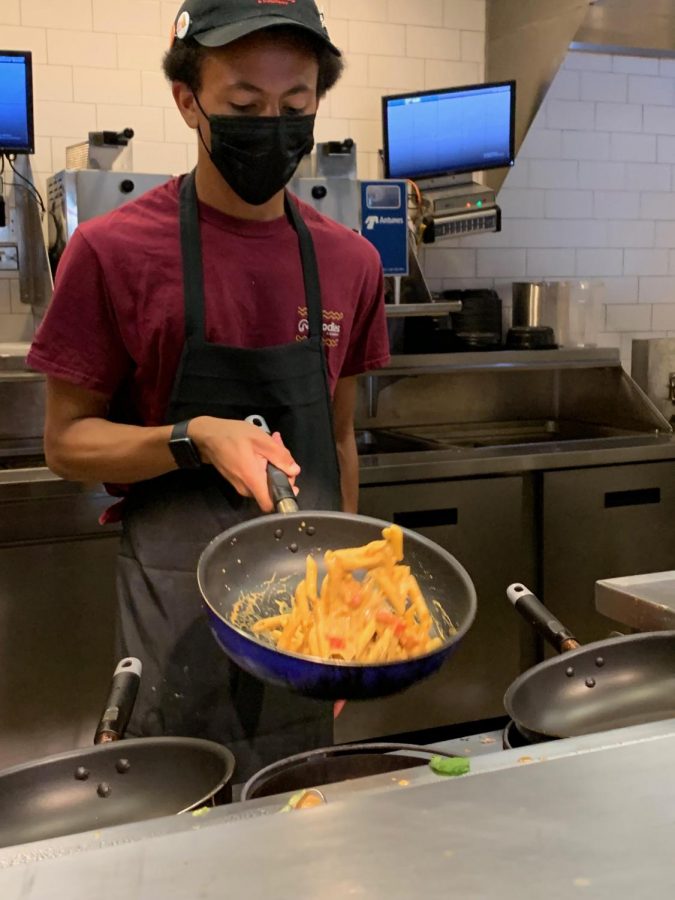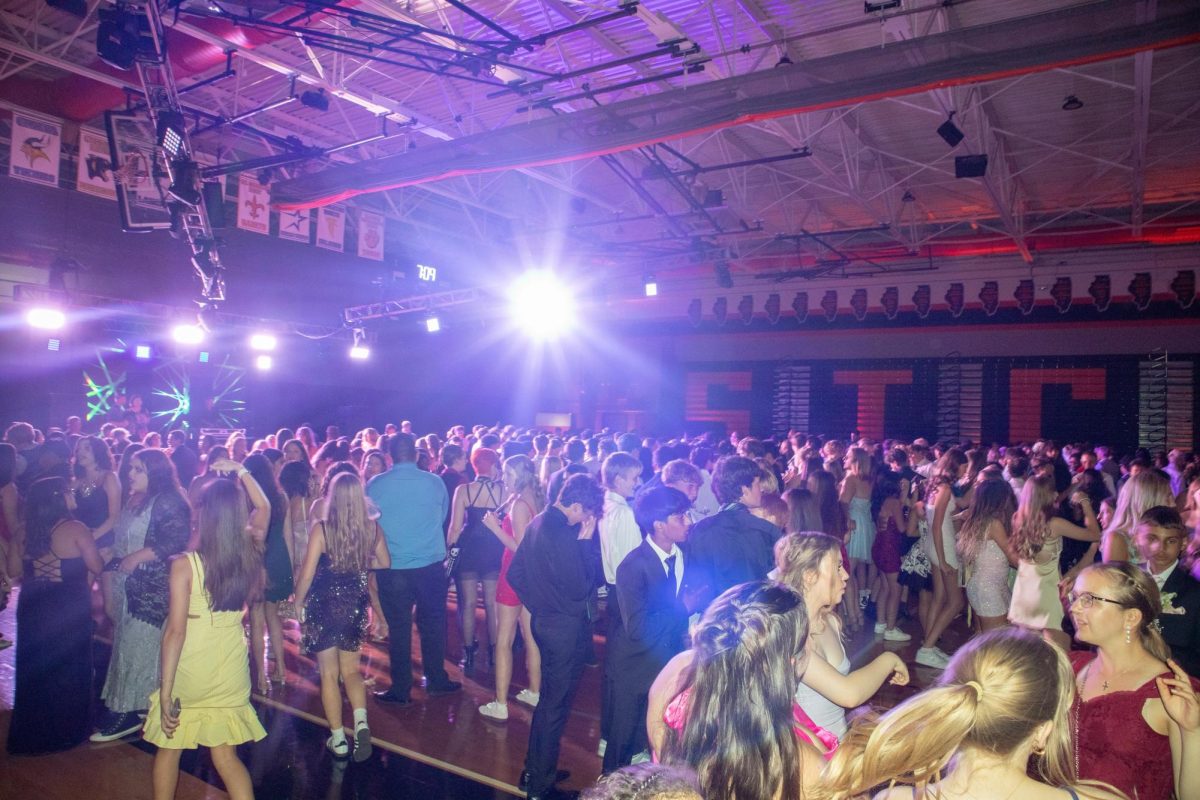According to the Bureau of Labor Statistics, 32% of teens had a job this past summer. But as summer fades away and the school year gets into full swing, many teens feel they have more important things to do than work a stressful, time-consuming job for minimum wage or worse. Record numbers of people quit their jobs in July, a trend that has continued as students return to schools and campuses.
Currently, the Bureau states that the number of unemployed Americans is roughly 8.4 million. On August 7, CNBC reported that there are roughly 10 million available jobs in the United States. This disconnect has led to a nationwide labor shortage that is wreaking havoc on businesses across the country.
So why don’t people want to work and make money?
There are various culprits when it comes to identifying who is to blame for the nationwide labor shortage. Many look to the federal government and their generous unemployment benefits due to COVID-19. On September 4, 2021, the New York Times stated that multiple analyses found that the unemployment benefits did encourage people to not find new jobs, but the effects were marginal. They discovered that a 10% increase in unemployment benefits only led to a 3.6% decrease in job applications. Others blame the discrepancy between what employers want and what employees want.
Employers are searching for workers with lots of availability and experience, but are only willing to pay low wages and offer minimal benefits. In addition, many families were forced to rearrange their lives and occupations due to limited childcare opportunities at the height of the pandemic, with schools and daycare centers closed. The lingering effects from these changes continue to impact working Americans across the country, according to the New York Times.
St. Charles has not remained unaffected by this national labor shortage. Businesses and individual workers have both been impacted, losing money and gaining stress.
One local business that has experienced the effects of labor shortage is Potbelly Sandwich Shop. Both the Geneva and St. Charles locations have been on the hunt for new employees these past few months.
Erin Howell, general manager of the St. Charles Potbelly location, said “[Short staffing] affects everything. We can’t run our businesses at full capacity, which makes the current employees frustrated and concerned. It affects our mental health constantly worrying what the modified hours and ordering process will do for our future business.”
Vanessa Heykoop, general manager of the Geneva location, explained the worry of balancing daily tasks when customers don’t understand the issues caused by labor shortages, and do not have compassion for employees.
“When we’re short staffed, it only fuels the fire for our customers,” she said. “They don’t care that we’re short staffed, they just want what they want right now. Our staff feels every single inch of being short staffed. It’s hard to use the bathroom, get a drink of water, and take your break. It’s difficult to train new people when you feel like you’re being pulled into 1000 directions. You forget things.”
Recently, due to labor shortages, stores have been shutting down or cutting back on hours, including the Geneva Potbelly.
“When we shut the store down, our customers lose faith in us,” Heykoop said. “It creates a ‘what if they’re closed today’ situation, and it’s unfair to our employees who are counting on working their hours.”
Nationwide short staffing is also impacting East students with part-time jobs. Memphis Patterson is a senior at East who has been working at the St. Charles Noodles & Company for the past year.
Recently, Patterson said that his location has been understaffed due to “employees from college going back to school, and the other high school kids needing to limit their hours for school or athletics.”
Patterson said that this has impacted his experience at work in a few ways. Primarily, requesting time off has been difficult, as there are few extra workers to pick up shifts.
“Everyone who is working has tight schedules,” Patterson said. “There aren’t many people that aren’t students, so it’s hard to find someone to cover [a shift.]”
In addition, Patterson said that he sometimes has to work more hours than can fit into his schedule. While the managers try to keep workers at the number of hours they ask for, Patterson said “There are stints where I have had to work much more than I want to. For example, I’m only supposed to work two days a week, but this week I work four days in a row.”
Patterson has noticed that, recently, working high school students are being placed under more stress than usual. Some are also missing out on important events because there are not enough workers to cover their shifts.
“This past homecoming week, I know a lot of people that had to miss out on the activities due to having to work,” Patterson said.
Yet the aspect of choice is also important in the consideration of part-time jobs for high schoolers. Students hold jobs for a variety of reasons. Many of them need a job to help with family expenses, or other reasons. Yet the stress of working in an understaffed environment is important to consider, as well.
“I feel like it is a choice whether or not to work,” Patterson said. “So that falls on high school students to choose.”










